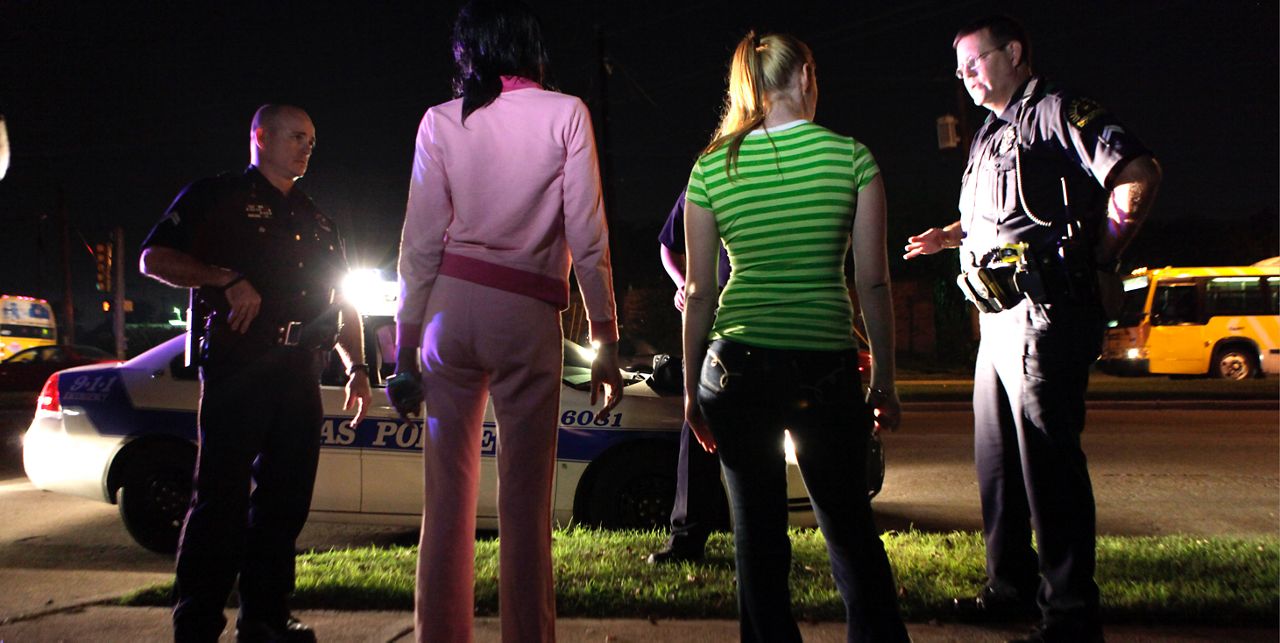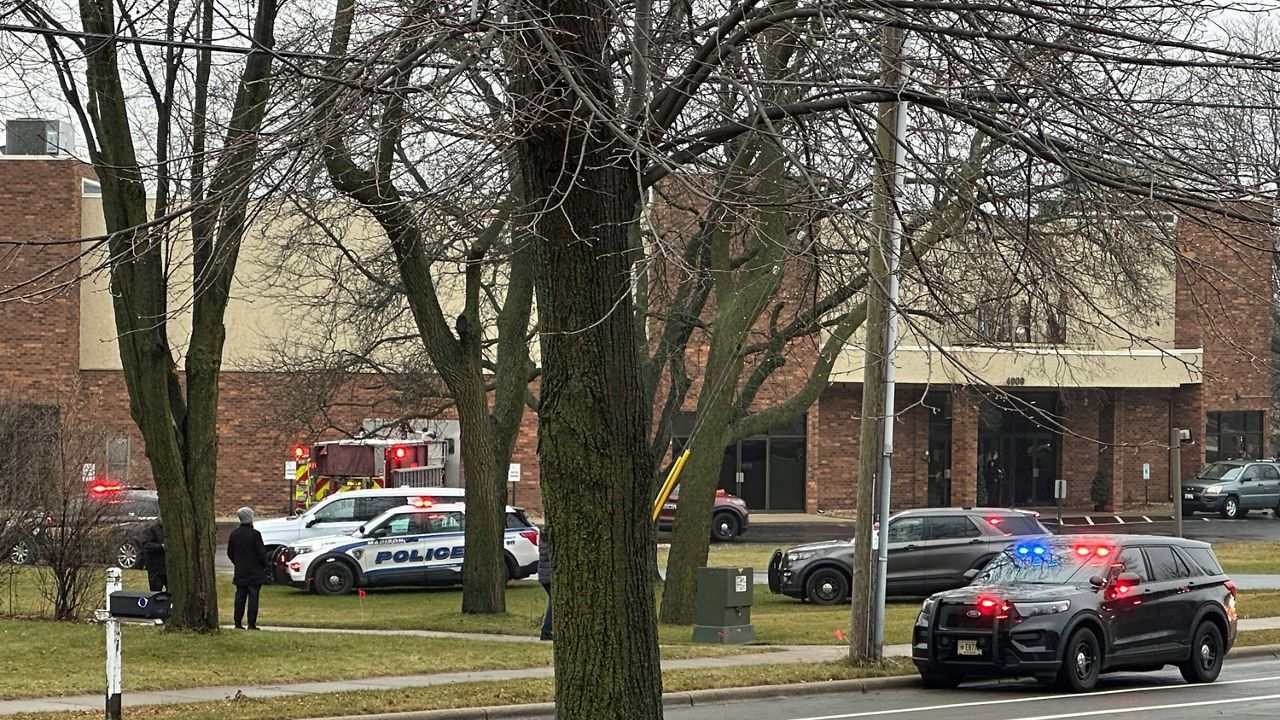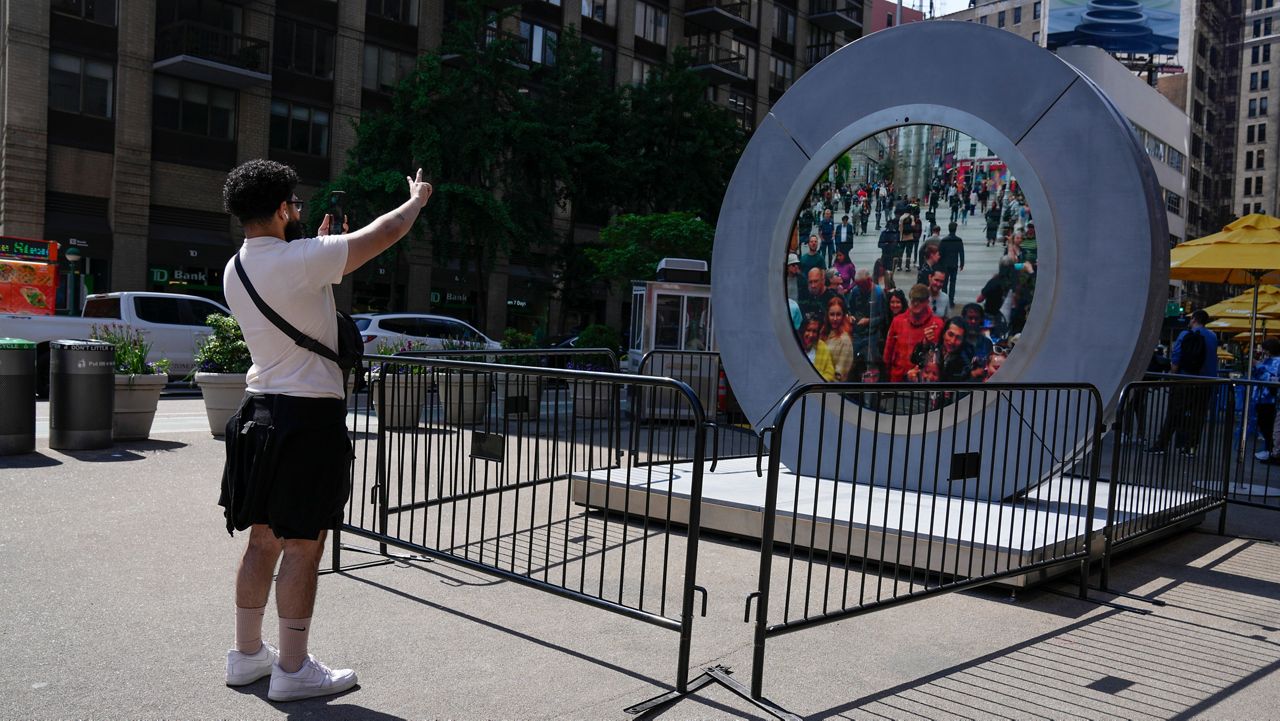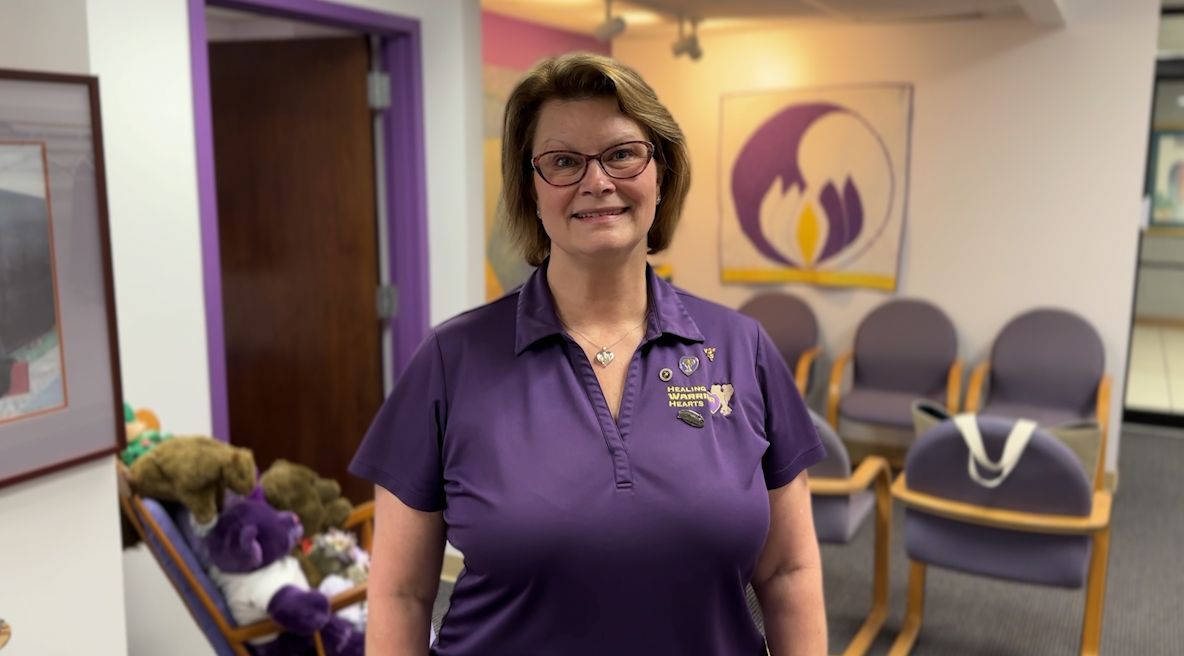Editor’s note: Third in a five-part series on human trafficking in Wisconsin: Why it’s extremely difficult for victims to break away.
FOND DU LAC, Wis. — McKenzie Zahradnik was summoned to the hospital.
A woman came to the emergency room and disclosed to the ER nurse she was a victim of sex trafficking. Zahradnik, a prevention educator at ASTOP — Assist Survivors. Treatment. Outreach. Prevention.
What You Need To Know
- Victims often don’t disclose, fearing repercussions from police and their trafficker
- Traffickers often offer victims the ability to meet all their everyday needs
- A former trafficking victim said trust is the biggest roadblock for victims
- For law enforcement, it’s imperative they understand most often they’re dealing with victims, not criminals
“In that moment, she wanted to get help because she was in a safe place,” Zahradnik said. “Her perpetrator wasn’t by her side. It was lucky, because a lot of times they follow them to hospital visits.”
Zahradnik said she talked with her about the services available to her through ASTOP, talked about disclosing, and she said “yes” to it all.
“And then, after about five minutes, you could just see the panic set in,” Zahradnik said.
The woman suddenly decided she couldn’t say anything more and chose not to move forward.
“It really broke my heart,” Zahradnik said. “These perpetrators really do get them to believe the police are evil. And the victims feel that way because they don’t know what’s going to happen when they disclose. But also, they start to use drugs. But for any of us, to have to have sexual relations with multiple people, and multiple people in a day. I don’t know anybody would be able to do that sober. It’s just the way they cope.”
So, she remained in a lifestyle she desperately wanted to leave.
But to think the victim stayed to merely support a drug habit would be a gross misunderstanding. Milwaukee’s Nancy Yarbrough can speak to that. She’s walked in those shoes. And she knows to move forward, victims must find something they’ve lost.
“Trust,” Yarbrough said. “The biggest thing is trust.
“I’m an adult now. Who’s going to help with services? All those things. So, trust, trust, trust, and then trusting the change that’s available. That’s part of it. Because as long as you don’t believe that you can have a different type of life … because it consumes your entire life.”
Yarbrough, today the founder and executive director of Fresh Start Learning, which does outreach and advocacy for human trafficking, rattled off a list of items, and fears, victims often have.
“So, now you have to change who you hung around with,” she said. “The places that you’d go. The way to internalize how you want to make money. All those things. That if you didn’t go to school, how to get back in school, if you didn’t have a job, any job skills; if you ruined your credit, if you don’t have housing opportunities – all those things are in front of you.
“And what’s behind you is something that, at least, even though you didn’t like doing it, you had control over it. You knew what to expect. The unexpected is hard for anyone; anything new, and change.”
Even if they’re able to find that trust, breaking free from a trafficker is often a harrowing experience.
“The most common answer that I get, as to why they’re doing (disclosing), is so it doesn’t happen to someone else,” said Jan Miyasaki, director of Project Respect, who is overseeing the victim services portion of the Wisconsin Anti-Human Trafficking Task Force announced by Attorney General Josh Kaul in January.
“They decide to help others, even if they’ve been told things like, ‘I know where your parents live. I’m going to kill your children.’ I mean, that’s what they say.”
For law enforcement, it’s imperative they understand most often they’re dealing with victims, not criminals. And victims need to know they are believed.
“If they were left to their own devices, they wouldn’t be out engaged in that activity,” said Green Bay Police Chief Chris Davis. “Yes, prostitution is illegal. But when you’re really forced into it, and the manipulation and the psychological abuse, and just the way in which traffickers go about exerting control over these often, young, women, is just really shocking.”
Yarbrough eventually broke free from her trafficker around the age of 30, after about 13 years as a victim. But there was always a larger fear that lingered.
“My trafficker happened to be my, at the time, I thought was my best friend’s brother,” she said. “So yes, he tried to come back and get me. He tried to threaten me that I needed to come back, that this was our thing. Then, he tried the romantic part of it. He tried to lure me back in, like hanging out with him, having sex, drinking, doing drugs together, that kind of thing. But that didn’t work for me because after I got away from him, I had time to think about it.
“I want to share this with you, the biggest tactic in all of that is love, like acceptance. I don’t want to lose this person, versus the fear and intimidation that happens, but that connection that happens there … 'What am I going to do if I leave? That’s a real thing. What am I going to do if I leave?'”
If victims can find the courage to trust, have the fortitude to leave their trafficker and the resolution to overcome the variety of fears and uncertainty they face, Yarbrough said one important step remains.
“We have to have people walking alongside of us,” she said. “That are going to be committed and don’t over-promise and under-deliver, and really listen to get an understanding. And only speak when a question is asked of you. Stop trying to give me your remedy or to fix me. Because to me, maybe I don’t feel like I’m broken. Or if I’m broken, what you’re trying to apply to fix me doesn’t work.
“We have to make this individualized; it’s not cookie cutter. Everybody is not going to come out the same way, or have the same opportunities as everyone else. But if you apply trust and build it, anybody could get out of this.”









